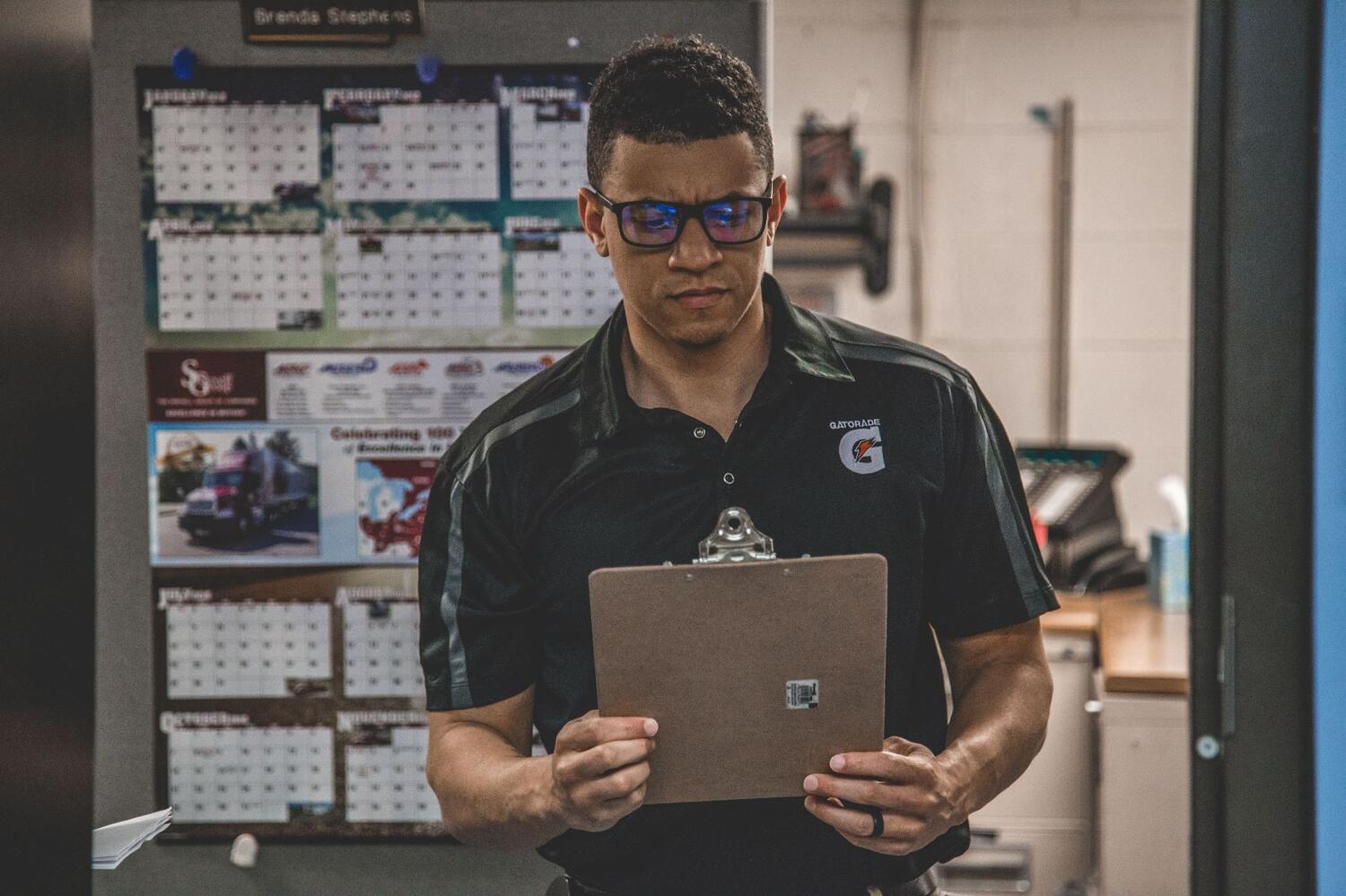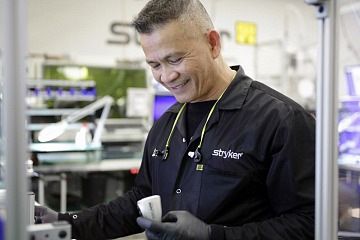Employee Experience, Innovation, Leadership & Management
Frontline managers are central to creating an Innovation By All culture. Because they are the leaders most employees interact with the most, they have a tremendous impact on whether the workforce as a whole is inventive and agile.
And since they span the boundary between customer experience and corporate strategy, they are uniquely positioned to spot new product possibilities as well as better ways of operating. As a result, great ideas often come from frontline managers.
The daily experience of frontline managers is especially crucial during an economic downturn. Our research into the Great Recession shows how poor treatment of frontline employees during a crisis can weaken company performance.
And yet store managers, department heads, team leaders and the like, often end up slowing down rather than accelerating innovation. Their work to drive creativity and excitement on their teams is impeded by the ways they themselves are in a funk, feeling neglected, underpaid, and under-supported.
Our research found that frontline managers are 70% less likely than executives and 20% less likely than mid-level leaders to experience meaningful innovation.
Frontline managers are an untapped resource for innovation in the workplace
Some drop off in innovation opportunities might be expected as you move down the corporate ranks. But our research shows the problem of failing to engage frontline managers is one that especially trips up organizations struggling to get innovation right.
Among underperforming companies, the innovation results for frontline managers fell furthest from expected levels than any other job level. Their involvement in innovation is 33% lower than expected.
In effect, struggling frontline managers can act as a hidden barrier to better innovation.
The unique struggles of frontline managers
One form of struggle for leaders at lower levels is trying to make do with limited resources and inefficient processes. These experiences are detrimental to their ability to participate in innovation, and likely hinder their ability to encourage it.
Consider what this frontline manager at a retail organization told us in a survey response.
"There are six trainers for the entire DC (region). That is not enough to give our employees the level of service and training that we brag about. It is very unorganized now because employees get one of day training and then no time in task to gain intuition and speed to perform at the expectations demanded of them… It is unfair to the employee to be trained by a trainer who has had little to no knowledge in a specific area. We need to do better by our employees or stop holding them accountable for their performance when they did not receive the best training possible."
Running on empty
In this leader’s words, you can detect the desire to support direct-reports and enable them to contribute effectively to the organization. But, in an echo of the "Running Too Lean" barrier, the manager doesn’t have the resources at their disposal to develop people properly.
You also can hear in the comment frustration with the unfairness of the situation—a feeling that likely dims the manager’s engagement and that of the team.
A frontline leader can be a contagion for spreading anti-innovation vibes. They’re not just barriers. They’re multipliers of barriers.
This challenge for frontline managers has something to do with the way many organizations hollowed out middle layers in the wake of the Great Recession a decade ago. As firms got flatter, more responsibilities were put on lower-level leaders, which can spell trouble for companies aiming to be inventive and agile.
Recent research published in Harvard Business Review finds that managers who are overworked treat employees less fairly. Unfairness, in turn, impedes innovation. Our research finds that when employees believe their leader plays favorites, they are 17% less likely to experience innovation.
Time to remove the executive blinders
A separate difficultly experienced by many lower-level managers is the sense that upper management is divorced from the realities of the business. Not only can leaders in the trenches see executives as out-of-touch, but those on the frontlines can resent the perks enjoyed by those at the top.
Consider the bitter tone of this frontline leader:
“The company needs to open their eyes and see what it is REALLY like to work in the store as opposed to how it looks from their bright shiny offices in the newly built office building.”
Feelings of exasperation by frontline managers at upper management relate to a third element of their overall malaise: a sense they are underpaid and overlooked.
One lower-level manager at a bank told us:
"[There’s] no reason that one market is different than another in regards to promotions, merit increases, and how your specific performance is rated. I have considered options outside of [the bank] due to frustration of my lack of recognition. … I come to work every day, frustrated, but I make sure to help my team as best I can and lead as best I can so the same thing does not happen to them."
Bubbling beneath the surface
This frontline manager demonstrates the dilemma many lower-level supervisors face. They feel the same emotions of dissatisfaction around compensation and recognition as many of those they manage, but as leaders, they are expected to represent their organization professionally and positively.
This leader is straining to pull off the trick. Yet the team can likely tell their manager feels slighted and angry, and that those emotions undermine innovation efforts.
Many frontline leaders' basic economic and emotional needs aren't being met, making it unlikely they can generate breakthroughs or encourage them in others.
And this is a real loss for organizations.
As we noted in our first Innovation Insights Series paper, people won’t bring their best effort and ideas forward unless they work for leaders who genuinely care about them and present an inspiring vision.
Fulfilled frontline leaders at Wegmans
The Frontline Manager Funk barrier is absent at Wegmans.
- 96 percent of Wegmans' managers say, “I am given the resources and equipment to do my job.”
- 90 percent of lower-level leaders call Wegmans a psychologically and emotionally healthy place to work
- 95 percent say they can take time off work when necessary
- 82 percent say pay is fair at the company
- 90 percent say their supervisors show “a sincere interest in me as a person, not just an employee.”
Consider a store staffer, Jody Wood’s store manager, Craig Franklin, and his interactions with members of the Wegmans family. Wegmans Chairman Danny Wegman and CEO Colleen Wegman routinely visit the company’s 100 or so stores. And when they do, it’s not as superiors sniffing around to make sure subordinates are up to snuff.
“When Danny and Colleen come around and visit the stores we feel the excitement and enthusiasm that they have and how grateful they are for what we do. They create a great environment,” Franklin says.
Franklin is such of fan of Wegmans and its leaders that he’s been at the company 31 years. He has moved from store to store as a manager and is now in his 10th facility in his third state.
Far from feeling neglected on the frontlines, Franklin has felt appreciated by the highest-level company executives. And that allows him to turn around and create the same experience for employees, like Jody Wood.
“You really can’t have innovation unless you listen to your people and you can’t listen to your people unless you really respect them,” Franklin says. “I think that sums it up.”
Want to learn more about how to create innovation in the workplace? Read our full report, Five Hidden Barriers to Innovation.












